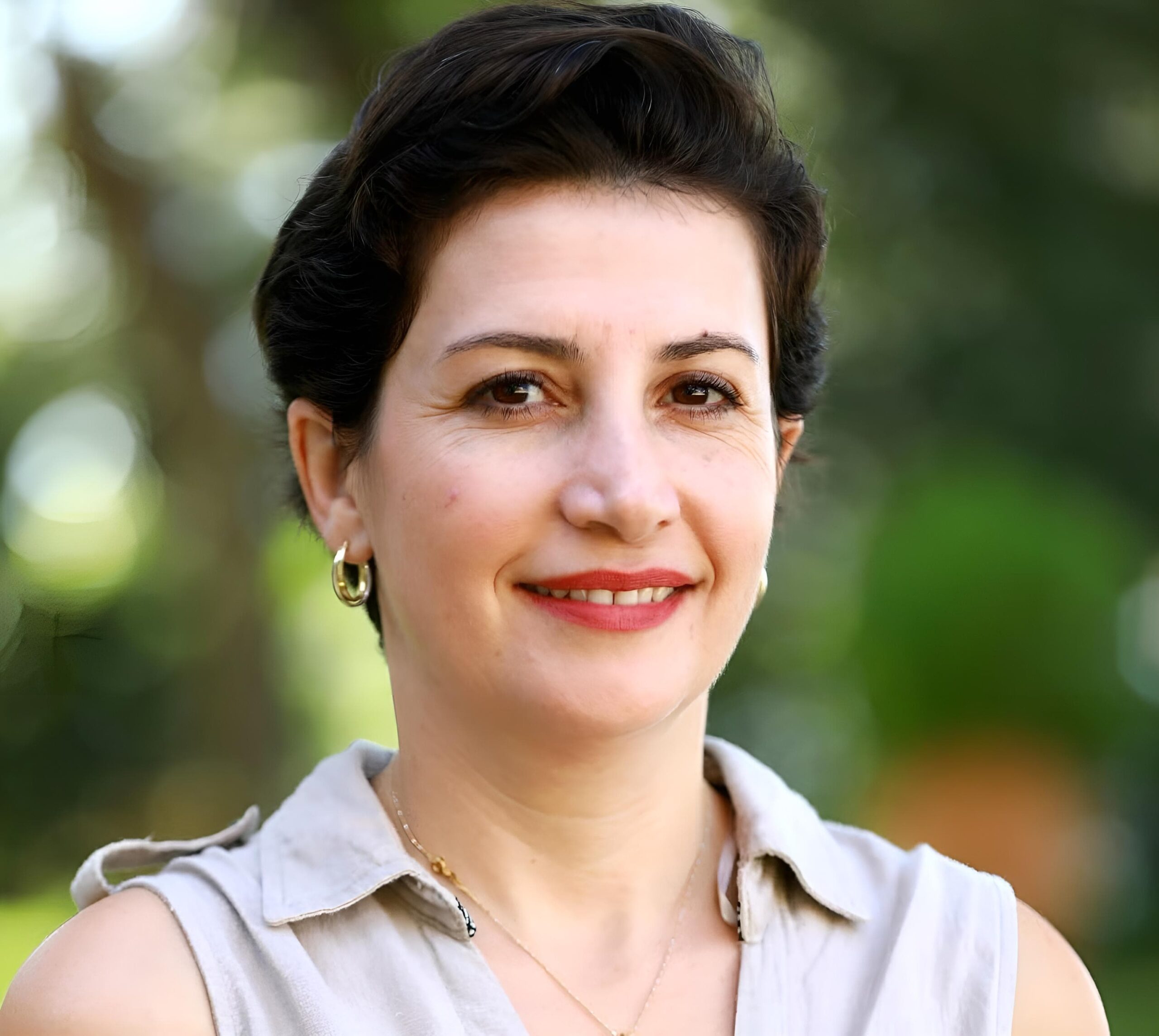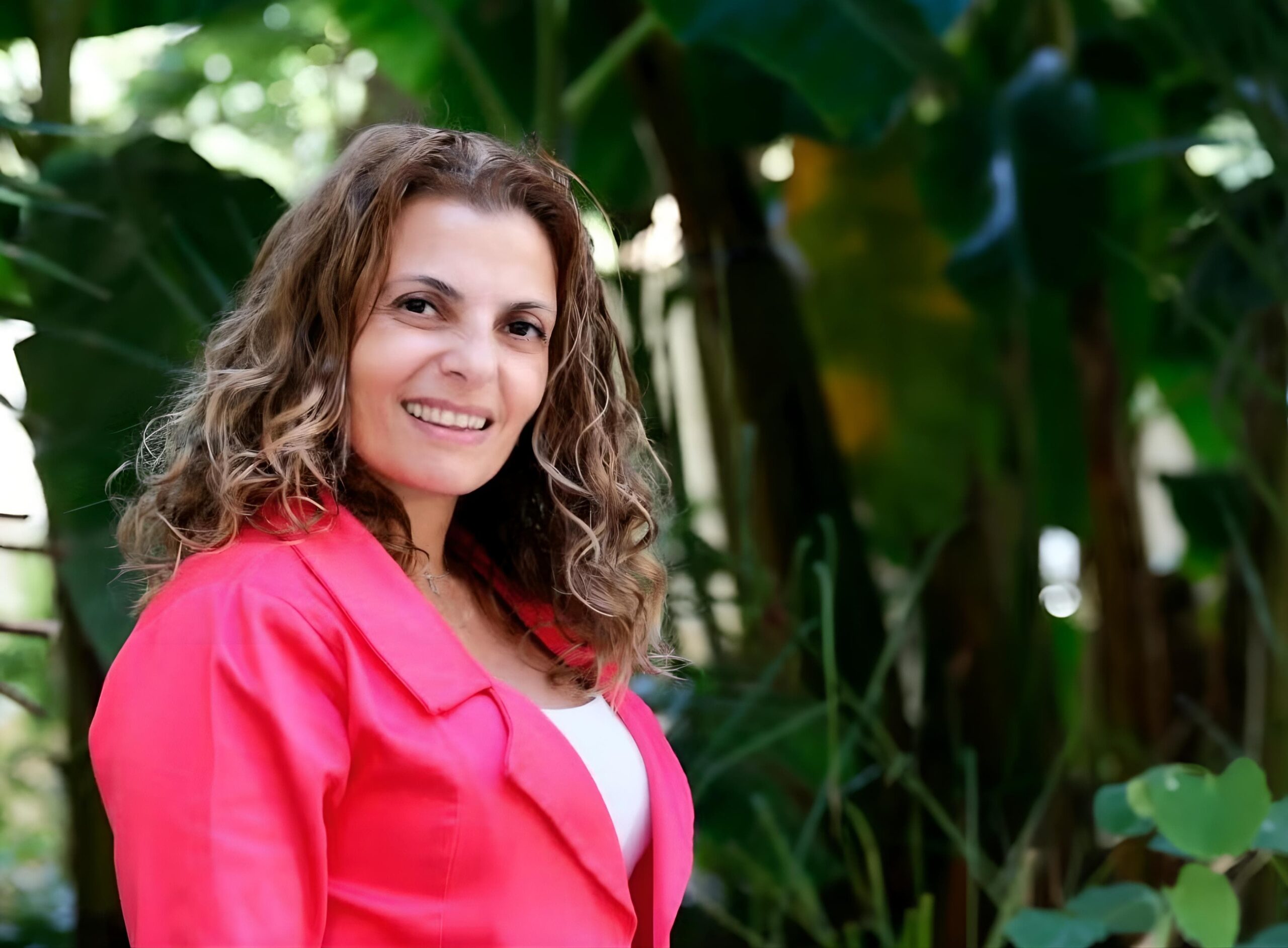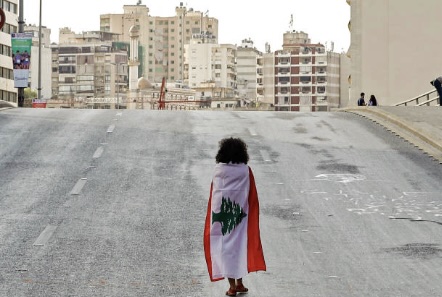In the face of conflict, displacement, and chronic instability, women in Lebanon are emerging as powerful agents of peace, bridging divides and fostering resilience within their communities. From grassroots mediation to humanitarian leadership, their efforts are proving essential for sustainable peacebuilding in a country long marked by sectarian strife and political turmoil.

Lebanon (WPNL)
A Legacy of Leadership
Nouhad Chebaro, 69, is one of the founding members of the Women’s Peacebuilding Network in Lebanon (WPNL), launched by UN Women in January 2024 with support from the governments of Finland and Switzerland. Drawing inspiration from United Nations Security Council Resolution 1325 on Women, Peace, and Security, the network empowers women to play active roles in preventing conflict and promoting coexistence.
Chebaro has witnessed the evolution of women’s roles in Lebanon since the civil war began in 1975. “Back then, the war made women realize they had a role to play in rebuilding Lebanon, in advancing peace and stability,” she recalls. Starting as humanitarian responders with the Lebanese Red Cross, women began to organize, learn about politics and aid, and assert their presence in peace and conflict contexts.

“There is something profoundly beautiful about the solidarity among women,” Chebaro says. “Today, women are not just helping—they are leading. They care deeply about stability and dignity for all.” Her work with WPNL reflects this transformation, building a unified movement of women peacebuilders with a single goal: a peaceful, dignified Lebanon.
Grassroots Mediation: Strengthening Communities
In South Lebanon, women mediators trained through UN Women’s “Women, Peace and Security in the Arab States Phase III” project are advancing reconciliation efforts amid growing insecurity and displacement. The project, implemented in partnership with the National Commission for Lebanese Women (NCLW), Université Saint Joseph’s Professional Mediation Center, and International Alert, is generously supported by Finland’s Ministry of Foreign Affairs.

One such mediator, Cosette Nakhle, a social worker from Chiyah—a former frontline during Lebanon’s civil war—completed an intensive nine-month training in mediation. Together with three other women, she launched a local initiative targeting youth aged 15–20 from diverse backgrounds and civil society organizations. By promoting non-violence and civic engagement, their work cultivates understanding and solidarity across historical divides.
These community-driven efforts not only reduce tensions but also empower the next generation to become agents of positive change.
Empathy as a Tool for Transformation
Daad Azzi offers a compelling example of how empathy can transform conflict into cooperation. Supported by UN Women since 2023, Azzi uses her mediation skills to resolve disputes between displaced families and host communities in areas affected by sectarian tension.

In one striking example, Azzi encountered a distressed woman at a health center—angry and resentful toward displaced people. Instead of reacting defensively, Azzi listened with compassion and helped the woman understand the hardships faced by the displaced. This act of empathy shifted the dynamic, turning hostility into support and opening the door to cooperation.
Azzi’s approach—grounded in shared values and mutual respect—highlights the power of women’s leadership in bridging divides. By involving displaced individuals in rebuilding efforts, she replaces narratives of dependency with stories of resilience, participation, and hope.
UN Women’s Country Representative in Lebanon, Gielan Elmessiri, notes that leaders like Azzi are essential in closing the gap between humanitarian response and long-term peacebuilding: “Their work is a testament to the transformative power of women’s engagement in times of crisis.”
Toward a More Resilient Future
As Lebanon charts a course toward recovery, the role of women in peacebuilding cannot be overstated. These stories affirm a vital truth: women are not just participants—they are indispensable leaders in the pursuit of peace.
With empathy, determination, and vision, women across Lebanon are reshaping the future. Their efforts light the way toward a more inclusive, just, and resilient society—one in which peace is built not merely through politics, but through the power of human connection.
Sources:
https://lebanon.unwomen.org/en/stories/take-five/2024/10/take-five-building-peace-and-solidarity-between-libya-and-lebanon-0
https://lebanon.unwomen.org/en/stories/from-where-i-stand/2024/01/from-where-i-stand-mediation-to-me-means-building-peace
https://lebanon.unwomen.org/en/stories/feature-story/2025/01/one-womans-journey-from-peacebuilding-to-humanitarian-action-in-lebanon


 Creative Commons Attribution 4.0 International license
Creative Commons Attribution 4.0 International license